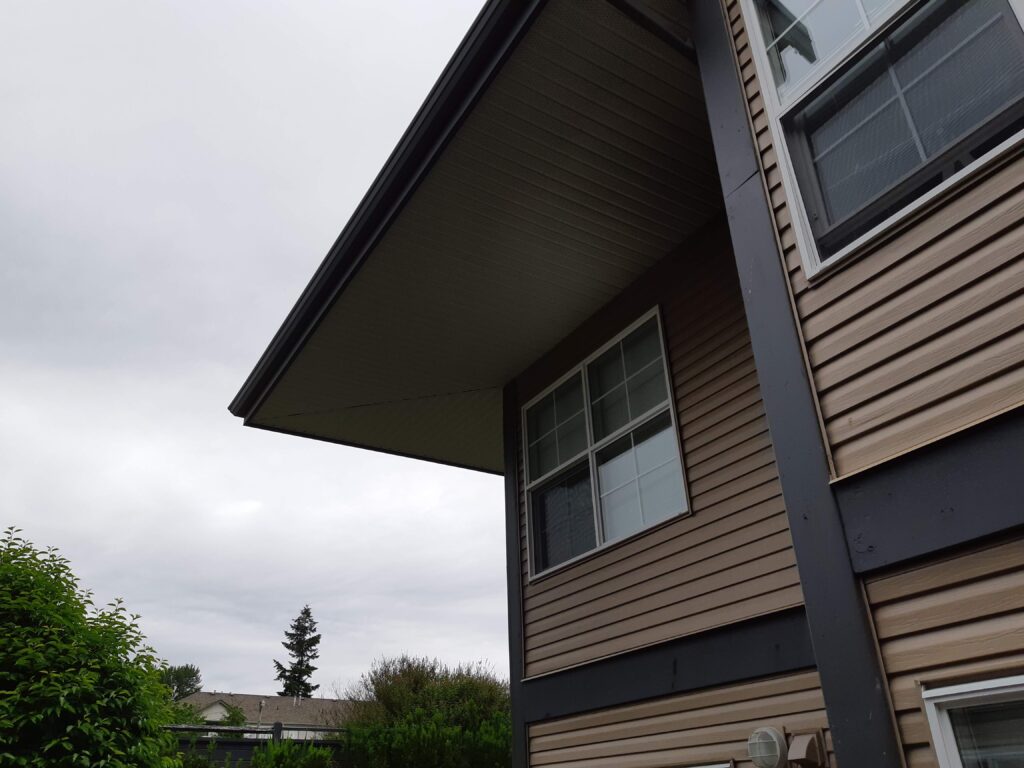Abstract: Gibsons Home Inspector note to first time condo buyers, what to review and how far their liability extends.
First Time Buyers Learning Curve
We really appreciate having the opportunity to do condo inspections for first time buyers. It’s a huge financial commitment as well as a learning curve on property ownership. One such inspection revealed differences (condition, maintenance) between the inside of the condo and the exterior spaces that are referred to as the common areas.
Interior OK
The interior had been renovated in the last two years to a superior standard. The kitchen, bathroom and laundry had new cabinets and appliances. The flooring and paint was also newer throughout. Everything was functional as required.
Exterior Needed Attention
On the other hand, the exterior common areas were showing signs of wear. There were issues with the landscaping, the paved parking areas and the fencing. In addition, the impressive wooden beams and columns that form the structure of the building were showing signs of distress.
Read Documention
We advised our client to review all strata documation immediately, prior to closing, for how the strata council was dealing with the commmon area issues. This documentation includes annual general meeting minutes, quarterly strata council meeting minutes, the depreciation report, past and future special levies.
The buyer should also discuss with their agent if the contingency fund is adequate for the strata.
Monthly Strata Fee
Every strata owner shares in the cost for repairs or replacement of defective items in the common areas. It is paid for in part from the monthly condo fee. If it is an urgent item, it will be paid from the contingency fund. If it is a big ticket item then the strata council will present the issue at the AGM and the owners will have to decide by vote, if it will be paid by raising the monthly condo fee or assessing every owner a lump sum special levy.
Surprises
It’s important to remember that for the condo buyer, the big ticket items and the surprises are usually from the common property elements of the development and not typically from the owner’s unit.

